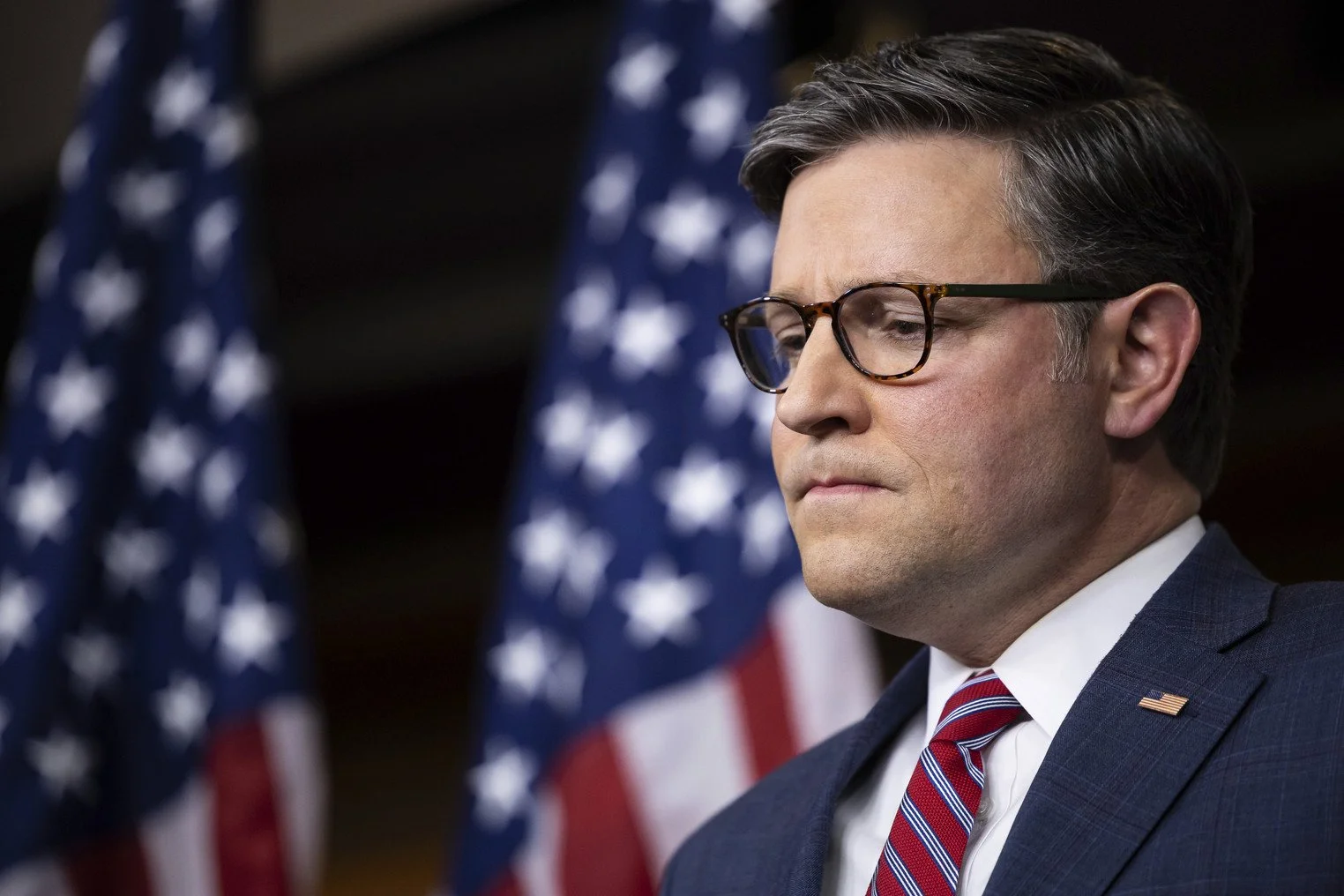Health Care Matters | September 13, 2024
Congress Faces Potential Government Shutdown Amid Stopgap Funding Talks
Congress needs to pass a stop gap funding bill by October 1st to prevent a government shutdown. House GOP leaders, including Speaker Mike Johnson, planned a vote for Wednesday tying a continuing resolution (CR) to fund the government through March 28th to legislation requiring proof of citizenship to register to vote, known as the Safeguard American Voter Eligibility (SAVE) Act. With the SAVE Act included, the measure was not expected to pass the Senate. Speaker Johnson ended up pulling the CR before the vote was held due to a number of GOP defections indicating it would not pass the House. Democrats expect Speaker Johnson will be forced to move forward with a CR that doesn’t include the SAVE Act by mid-December but until then, some interim funding will need to be passed to keep certain parts of the government running.
Why It Matters
Many parts of HHS are funded through the annual discretionary budget including parts of HRSA and the FDA. In the event of a shutdown, these agencies would have to limit activities. CMS, which is funded through mandatory funding laws would remain mostly unaffected. Beyond agency funding, there were a number of health care priorities that many were hoping to see pass during this session including new rules for PBMs, changes to prior authorization rules, and greater regulation on AI and cybersecurity, however a budget fight makes progress on these measures unlikely. Congress must also decide whether to delay $8 billion in cuts to DSH payment.
New Rules Strengthen Access to Mental Health and Substance Use Benefits
On September 9th, the departments of Labor, Health and Human Services and the Treasury issued new rules on mental health parity requirements for health plans. The Mental Health Parity and Addiction Equity Act (MHPAEA) passed in 2008 and prohibits plans from offering more restrictive coverage for mental health and substance use disorder services than other medical/surgical services. This applies to cost sharing as well as rules like prior-authorization. This final regulation is designed to better clarify and enforce the MHPAEA as well additional mental health parity laws enacted since 2008, like the Consolidated Appropriations Act of 2021.
Why It Matters
Where previously mental health parity was not uniformly enforced and many plans suffered from confusion around the rules, these new regulations signal that the Biden Administration is taking compliance with the MHPAEA seriously. They offer additional clarity around definitions including what constitutes a mental health benefit, and how certain calculations are performed such as the comparative analysis between mental health and substance use disorder services and medical/surgical services. The new rules strengthen the enforcement mechanism of the MHPAEA and provide tools and instructions to state Medicaid agencies for how to document compliance through Medicaid managed care programs. These requirements are set to go in effect for group health plans in the 2025 plan year and delayed until 2026 for plans offered through health insurance exchanges.
For more on the new Mental Health Parity Requirements check out the latest edition of the Regs and Eggs Blog.
Correction To Last Week's Article
Legal Challenges from FTC’s Noncompete Rule
Last week we shared an analysis of the FTC’s Non-Compete final rule from the August 30th, Health Affairs. In Why it Matters, we incorrectly stated the FTC rule prevents states from passing stricter rules, it does not. A corrected version appears below.
Why It Matters
Business owners justify non-competes as necessary to protect business interests and investment in employee training. More specifically in healthcare, it enables health systems and practice owners to retain control over patient panels and referrals as patients tend to follow their physicians when they move practices. With the FTC rule in a place of legal uncertainty, states can play a crucial role in expanding and supplementing with their legislation. Four states currently ban non-competes for all workers and fifteen states have rules around certain physician specialties. The FTC rule does not* prevent states from passing even stricter rules. For instance, the FTC rule exempts non-profits including non-profit hospitals. Healthcare consolidation has led both the FTC and state governments to examine non-competitive behavior in healthcare more closely. With the recent FTC rule nationwide injunction, the Health Affairs piece posits and we agree that more state action is likely.
*Correction
What We Are reading
Massachusetts Medicaid ACO May Have Improved Care for Pregnant and Postpartum Enrollees
Read more about Megan Cole and co-authors work studying how VBC models could improve access and quality of care for pregnant and postpartum Medicaid enrollees.
What We Are Digesting
Comments on the CY 2025 Physician Fee Schedule Proposed Rule
Comments were due this week on the CY 2025 Physician Fee Schedule Proposed Rule. We’re taking a moment to read some of the publicly published comment letters:
NAACOS CY 2025 Physician Fee Schedule Proposed Rule Comments Letter
AHA CY 2025 Physician Fee Schedule Proposed Rule Comments Letter
MGMA CY 2025 Physician Fee Schedule Proposed Rule Comments Letter
HCTTF CY 2025 Physician Fee Schedule Proposed Rule Comments Letter
AMA CY 2025 Physician Fee Schedule Proposed Rule Comments Letter
Accountable for Health CY 2025 Physician Fee Schedule Proposed Rule Comments Letter
Recently Released
NOFO to Create State-Based Health Care Cooperative
The Agency for Healthcare Research and Quality (AHRQ) has released a Notice of Funding Opportunity (NOFO) to help launch its Healthcare Extension Service. AHRQ will award up to 15 grants to establish and support Healthcare Extension Cooperatives over 5 years.
Applications due December 12th, 2024.



